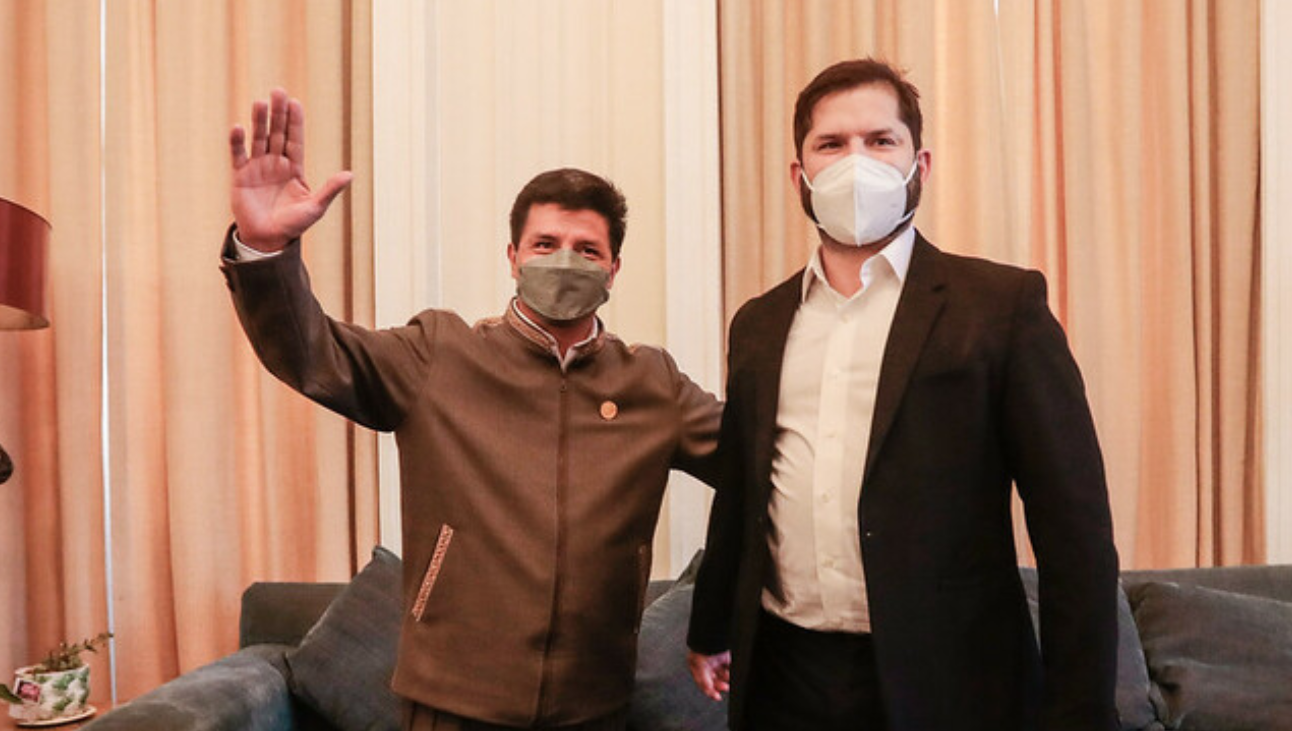Latin America today is probably the main reference point for the left in the world. But it is uncertain how long this new wave of governments identified with this ideological perspective that have been succeeding each other recently in the region will last, especially in a world that is moving toward authoritarianism. Therefore, the question we should ask ourselves is: are we facing a progressive wave, or are the foundations being laid for a resounding return of the right?
In 2018 Andrés Manuel López Obrador won the Presidency of Mexico with more than 30 million votes, a figure that represented 53.2% of the vote in a country where a second round is not required to take office. In this case, it was not a simple wave; it was a real tsunami in electoral terms.
Since then, a number of countries have opted for left-wing governments. In 2019, albeit with some reservations, the left came to power in Panama with Laurentino Cortizo Cohen, and in Argentina with Alberto Fernández. A year later, Bolivia did it, with Luis Arce, and in 2021 both in Peru, with Pedro Castillo, and in Honduras, with Xiomara Castro. Recently, in Chile, Gabriel Boric triumphed, and in Colombia, Gustavo Petro marked a real milestone, since the left had never before triumphed on a national scale.
The changes in Latin America, of course, are not homogeneous. In Ecuador (Guillermo Lasso), El Salvador (Nayib Bukele), and Uruguay (Luis Lacalle Pou) the right-wing governments remain, as well as in Brazil, although here everything points to Jair Bolsonaro being replaced by Luiz Inácio Lula da Silva, who would return as a left-wing president surfing in this new wave.
Remnants of the first wave?
Initially, leftist governments were gradually established in Latin America starting in 1998 when Hugo Chávez became president in Venezuela. From then on, the left spread rapidly throughout the region through charismatic leaders. But by the second half of the previous decade, successive right-wing governments were regaining power. By 2020, there were eleven right-wing Latin American presidents.
However, after the victory of López Obrador in Mexico, where the epicenter of the shift that marked the beginning of a series of defeats of conservatism can be located, it can be said that the current wave was only preceded by a very short-lived shift to the right.
In this context, what is the current political cycle in Latin America? Are we facing a strong wave of leftist governments? How long will this new stage last? These are relevant questions, especially when the left looks increasingly weakened in Europe. For example, the recent fall of Italy’s Prime Minister, Mario Draghi, paves the way for the ultra-right in that country.
The European mirror
While Latin America is experiencing a new shift to the left, in Europe the triumphs of the extreme right are increasingly common. Jean-Luc Mélenchon himself was a victim of the strength of the far right when Marine Le Pen snatched second place from him in the first round and went to the second round to compete against Emmanuel Macron. The France Insoumise movement and its proposal of “another world is possible” fell to third place.
In the world, authoritarian governments such as China, the Philippines, Russia, and Turkey are increasingly seen as standard, while the ultra-right is gaining ground in Europe, where it is not only Le Pen, but also the Freedom Party in Austria, the Conservative People’s Party in Estonia or Vox in Spain that are gaining ground. Chega! became the third political force in Portugal in 2022, and the call for new elections in Italy represents an opportunity for Giorgia Meloni.
Expectations on the Latin American left and its performance in government are high. However, will this really be the beginning of a stage of progressivism and continuity of the left in Latin America, or are the foundations being laid for a return of the right-wing, which today seems to be crouching somewhat? We will have to wait, only time will tell.
Translated from Spanish by Janaína Ruviaro da Silva













